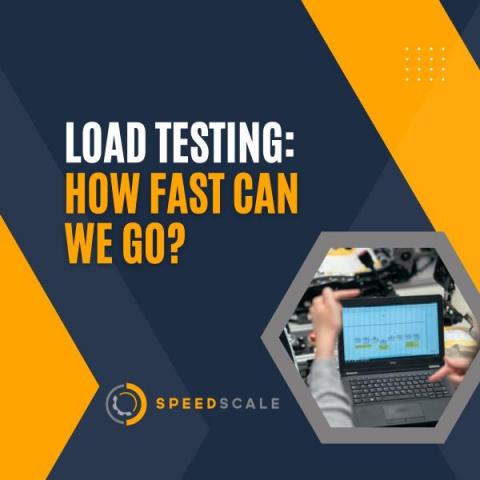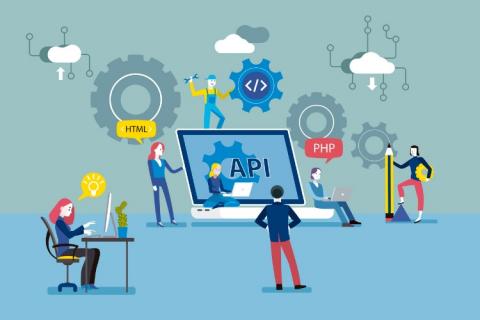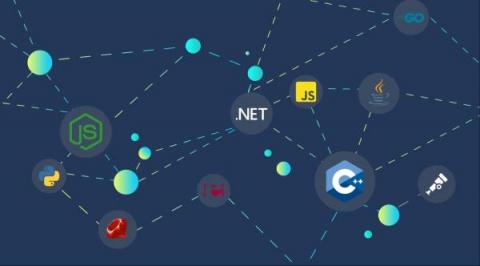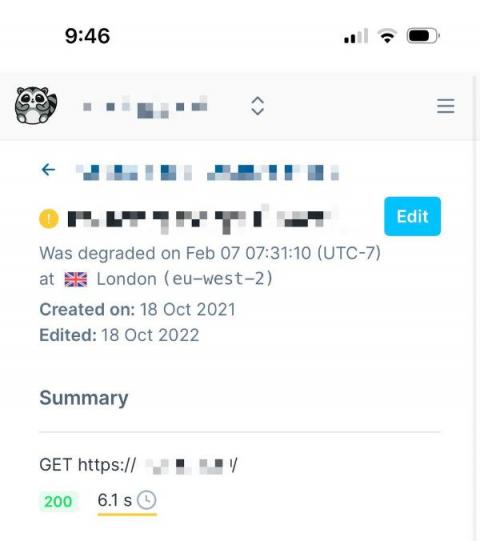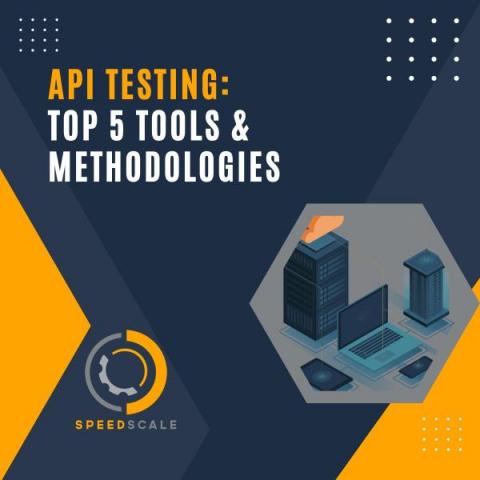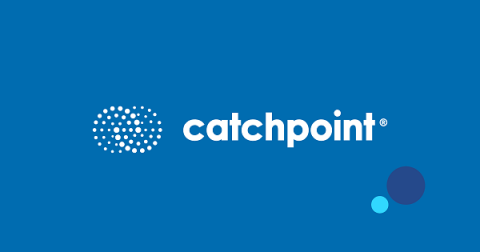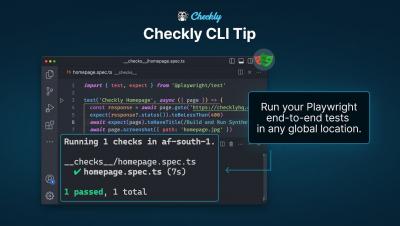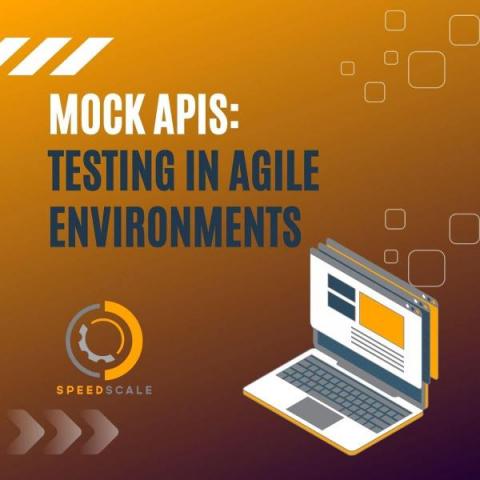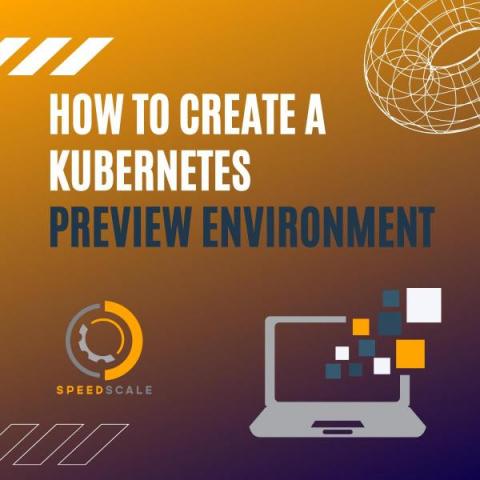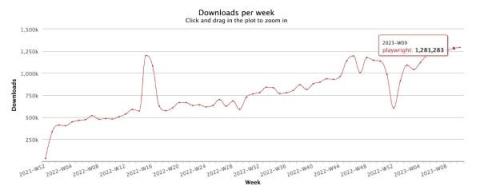Operations | Monitoring | ITSM | DevOps | Cloud
API
The latest News and Information on API Development, Management, Monitoring, and related technologies.
The Ultimate Guide to Accessing & Using APIs
API observability: Leveraging OTel to improve developer experience
APIs provide a way to simplify development, reduce costs, and create more flexible and scalable applications. Much of today’s development relies on APIs – in the integration of third-party services, in the communication between microservices, in mobile app development, and in other use cases. Some APIs even exist as products themselves for customers to use.
A Deep Dive into DNS Debugging
Welcome dear reader! It's time for a deep dive into the world of DNS. As you would expect for a SaaS startup, everything starts with the customer. On a bright sunny day, we received a support request, asking for an explanation for unusual 5 second DNS resolution times that triggered check degradations.
API Testing: Top 5 Tools & Methodologies
Applying JSON Patch Operations with ASP.NET Core Web API
APIs have become indispensable to modern digital businesses, not least because of their flexibility and ease of integration.
How to run your Playwright tests in any global location with the Checkly CLI
Mock APIs: Testing in Agile Environments
How to Create a Kubernetes Preview Environment
Playwright Explained
Playwright is an open-source framework for cross-browser automation and end-to-end web application testing. It was designed to be a fast, reliable, robust, and evergreen test automation framework, and its API supports modern rendering engines that include Chromium, WebKit, and Firefox. Playwright tests run on Windows, Linux, and macOS, locally or on your continuous integration pipeline, and headless or headed.


